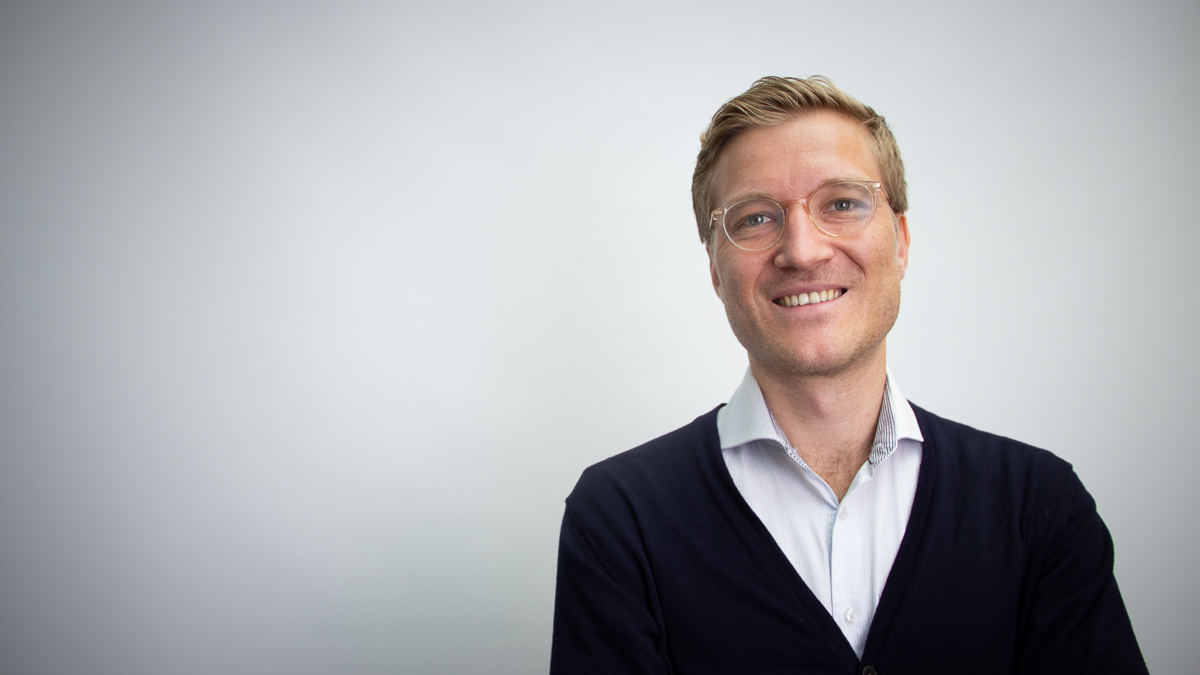
IMPaQT – Indicators, Measurement and Performance of Quality Assurance: Third-Mission-Activities in the Social Sciences
The research project “IMPaQT” is about making knowledge transfer from research to society measurable through quality criteria and indicators. We plan to analyze communication activities between academia and society in such areas politics, business, civic society, which constitute the “Third mission” of research institutions. We are especially interested in those activities on the science and society interface that have so far been little studied or documented and therefore do not play a role in the evaluation of research.
We deal with following research questions: How can third-mission-activities be meaningfully classified in social sciences? What are scientific demands on quality of knowledge transfer? What are external scientific expectations of quality on impact? Which indicators are suitable for measuring – qualitative and quantitative – knowledge transfer from the domain of social sciences? Which procedures are suitable for the intraorganizational quality quality assurance?
To answer these questions, a multi-method and multi-stakeholder approach with three successive survey steps is planned. In the first step, knowledge transfer activities will be structured in a systematic review; supplementary lead-user-interviews will help to identify new and emerging formats of activities on the science and society interface. In the next step, the problem of different expectations among stakeholders within the scientific community and outside of it will be addressed in expert workshops. At this point, our aim is to create comprehensive quality criteria for key transfer activities. Finally, in step three, policy analyses and best-practice case studies will serve to derive recommendations for the German research and innovation policy.
| Duration | June 2019 – May 2022 |
| Funder | Federal Ministry for Research and Education (BMBF) |
| Partner | German Centre for Higher Education Research and Science Studies (DZHW) |
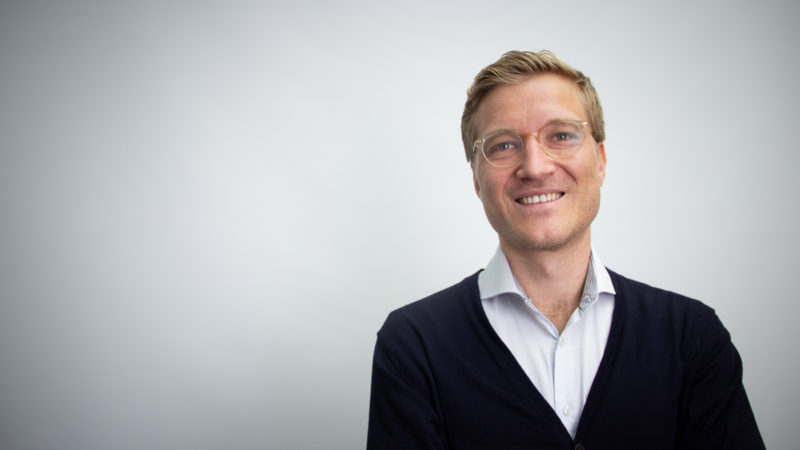 Benedikt Fecher, Dr.Associate Researcher & Former Head of Research Programme: Knowledge & Society
Benedikt Fecher, Dr.Associate Researcher & Former Head of Research Programme: Knowledge & Society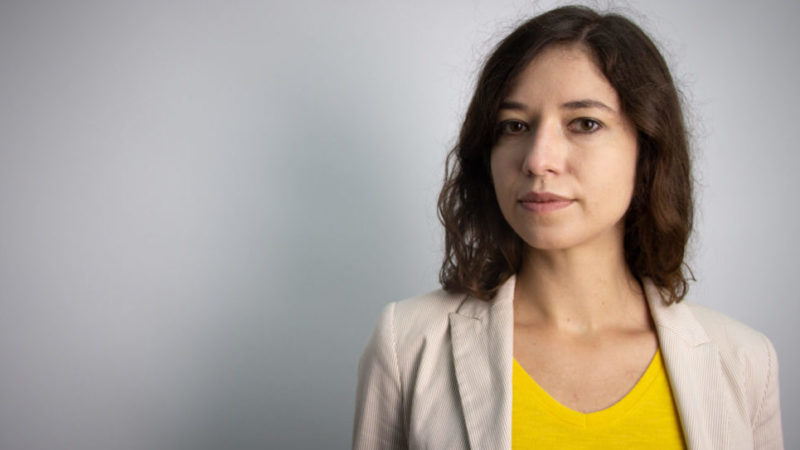 Nataliia SokolovskaHead of Research Programme: Knowledge & Society
Nataliia SokolovskaHead of Research Programme: Knowledge & Society
-
 Elias KochFormer Student assistant: Knowledge & Society
Elias KochFormer Student assistant: Knowledge & Society -
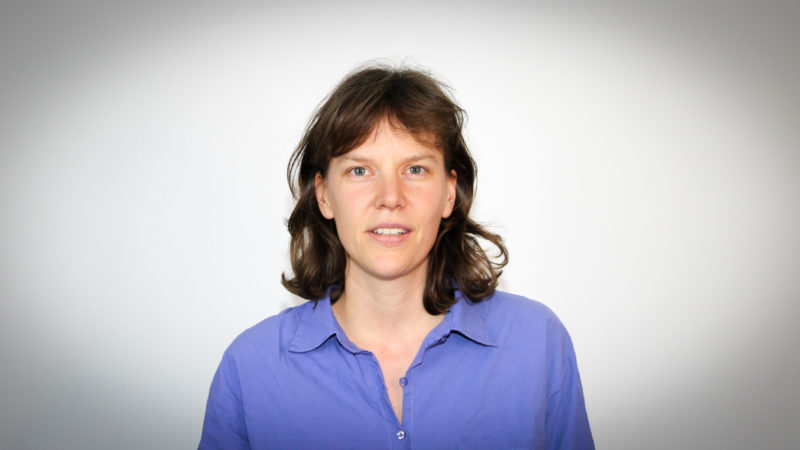 Freia KuperFormer associated Researcher: Knowledge & Society
Freia KuperFormer associated Researcher: Knowledge & Society -
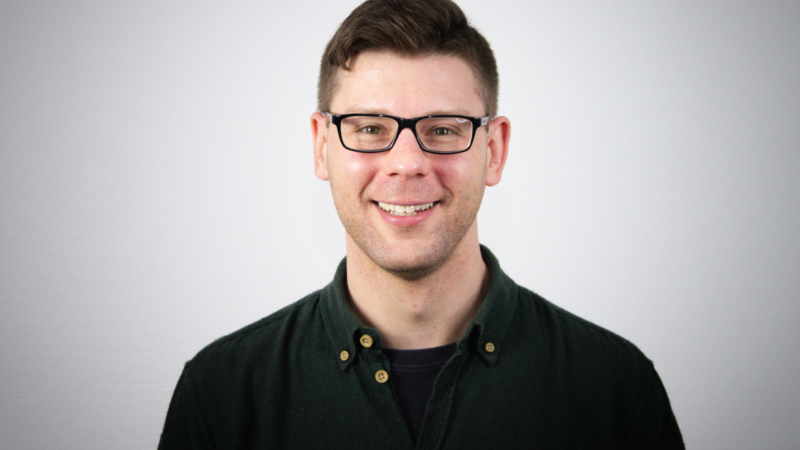 Sascha SchönigFormer student assistant: Knowledge & Society
Sascha SchönigFormer student assistant: Knowledge & Society
Journal articles and conference proceedings
Fecher, B., Kunz, R., Sokolovska, N., & Wrzesinski, M. (2024). Platformisation of Science Conceptual Foundations and Critical Perspectives for the Science System. LIBER Quarterly: The Journal of the Association of European Research Libraries, 34(1). DOI: 10.53377/lq.16693 Publication details
Fecher, B., Kuper, F., Fähnrich, B., Schmid-Petri, H., Schildhauer, T., Weingart, P., & Wormer, H. (2022). Balancing interests between freedom and censorship: Organizational strategies for quality assurance in science communication. Science and Public Policy, scac043, 1-14. DOI: 10.1093/scipol/scac043 Publication details
Fecher,B., Kuper, F., Sokolovska, N., Fenton, A., Hornbostel, S., & Wagner, G.G. (2021). Understanding the Societal Impact of the Social Sciences and Humanities: Remarks on Roles, Challenges, and Expectations. Frontiers in Research Metrics and Analytics, 6. DOI: 10.3389/frma.2021.696804 Publication details
Sokolovska N., Fecher B., Wagner G. (2019). Communication on the Science-Policy Interface: An Overview of Conceptual Models. Publications(Third Mission and Societal Impact). DOI: 10.3390/publications7040064 Publication details
Book contributions and chapters
Fecher, B. (2023). Kommunikative Offenheit als formativer Bewertungsansatz für den gesellschaftlichen Impact von Forschung. In J. Blank, C. Bergmüller, & S. Sälzle, Transformationsanspruch in Forschung und Bildung Konzepte, Projekte, empirische Perspektiven (pp. 69-81). Münster: Waxmann. DOI: 10.31244/9783830996774 Publication details
Working paper
Berr, K., Broer, I., Feldner, D., Harmsen, T., Schöppl, N., Sokolovska, N., van Scherpenberg, C., Staemmler, J., Wagner, N., Walter, C. & Zoth, L. (2022). Der Crisis Science Hub: Krisenresilienz stärken durch systematische Zusammenarbeit von Wissenschaft und öffentlicher Verwaltung. Institut für Innovation und Technik (iit)(03/2022). Publication details
Fecher, B. & Hebing, M. (2021). How do researchers achieve societal impact? Results of an empirical survey among researchers in Germany. SSOAR. DOI: 10.1371/journal.pone.0254006 Publication details
Other publications
Deacon, B., Laufer, M. & Sokolovska, N. (2022). Sharing knowledge: Impact of Covid-19 on digital teaching. Digital society blog. Publication details
Fecher, B., Sokolovska, N., Kuper, F., & Fenton, A. (2021). Impact der Gesellschaftswissenschaften – (Wie) Kann man ihn messen? Wissenschaftskommunikation.de. Publication details
Fecher, B., Sokolovska, N., Kuper, F., & Fenton, A. (2021). Impact of social sciences – (How) Can it be measured? Elephant in the Lab. Publication details
Lectures and presentations
Gesellschaftliche Relevanz von Forschung: kritische Impulse zur Messung, Bewertung und SteuerungTreffen des Arbeitskreises Wissenschaft und Forschung: Wie messe ich den Erfolg meiner wissenschaftsfördernden Arbeit?. Arbeitskreis Wissenschaft und Forschung. Joachim Herz Stiftung, Hamburg, Germany: 28.04.2023 Further information
Benedikt Fecher
Ergebnisse aus dem BMBF-Forschungsprojekt: IMPaQT: "Indikatoren, Messung und Performanz der Qualitätssicherung: Third-Mission-Tätigkeiten in den GesellschaftswissenschaftenWissenschaftspolitischer Gesprächskreis. Leibniz Forschungszentrum Wissenschaft und Gesellschaft. Leibniz Forschungszentrum Wissenschaft und Gesellschaft, Hannover, Germany: 03.02.2023
Benedikt Fecher
Environmental History Meets Public Policy (Session: Mapping science-for-policy ecosystems in Europe and Germany). The International Panel on Environmental History & Policy (EnvHist4P). Online, Online, Online: 01.06.2022 Further informationIrene Broer (HBI), Nataliia Sokolovska
Societal impact of SSH research: The main challenges and ways to address themSocietal impact of SSH research: The main challenges and ways to address them (Session: Societal impact of SSH research: The main challenges and ways to address them). Institute for Societal Resilience (ISR) Vrije Universiteit Amsterdam. Institute for Societal Resilience (ISR) Vrije Universiteit Amsterdam, Amsterdam, Netherlands: 05.04.2022 Further information
Nataliia Sokolovska
Create Impact with Data - Know Your Audience and Communicate WellGOR 2021. German Society for Online Research. Online, Online, Germany: 08.09.2021 Further information
Marcel Hebing, Larissa Wundelich
